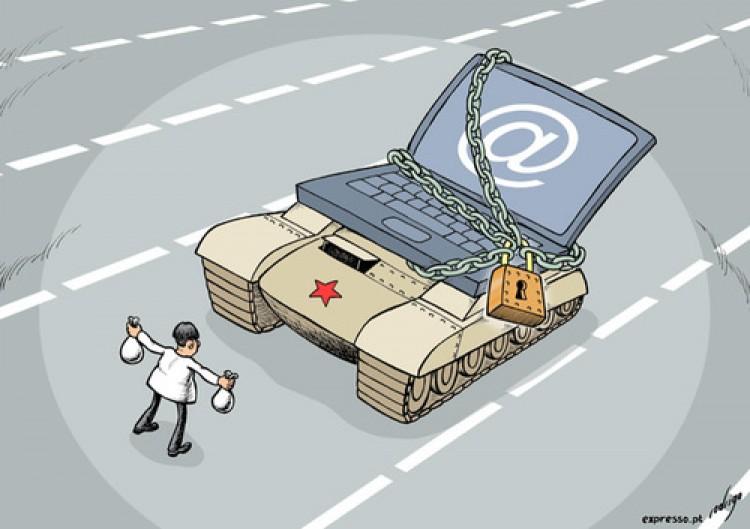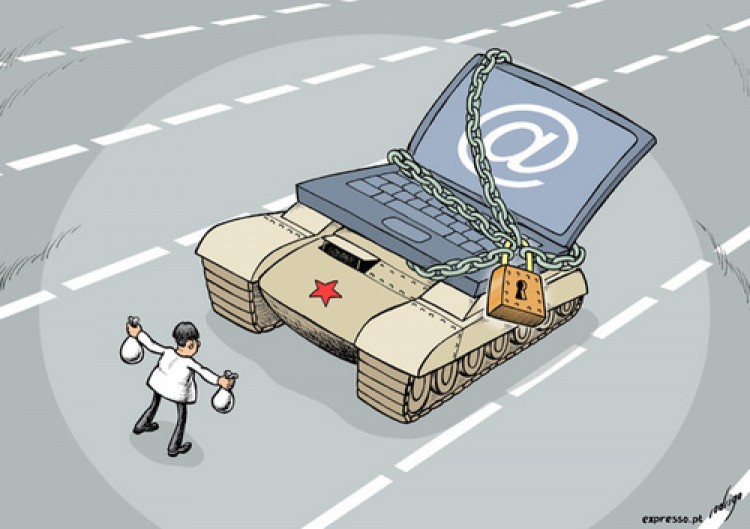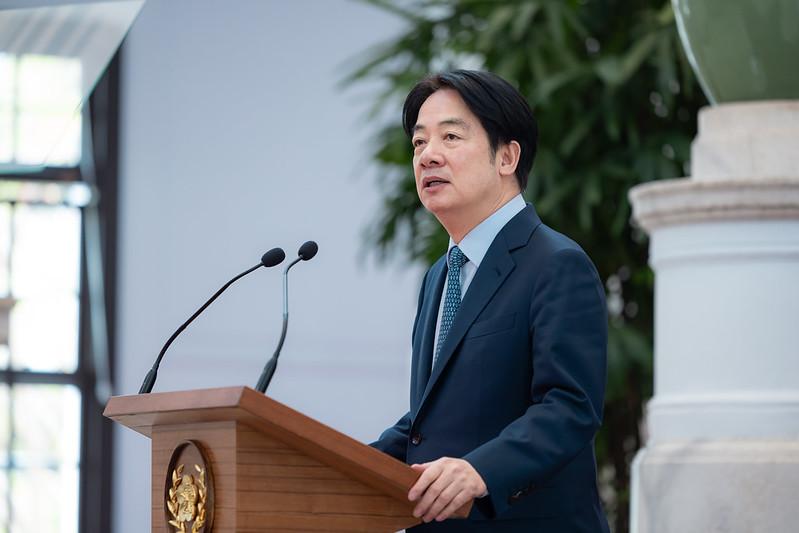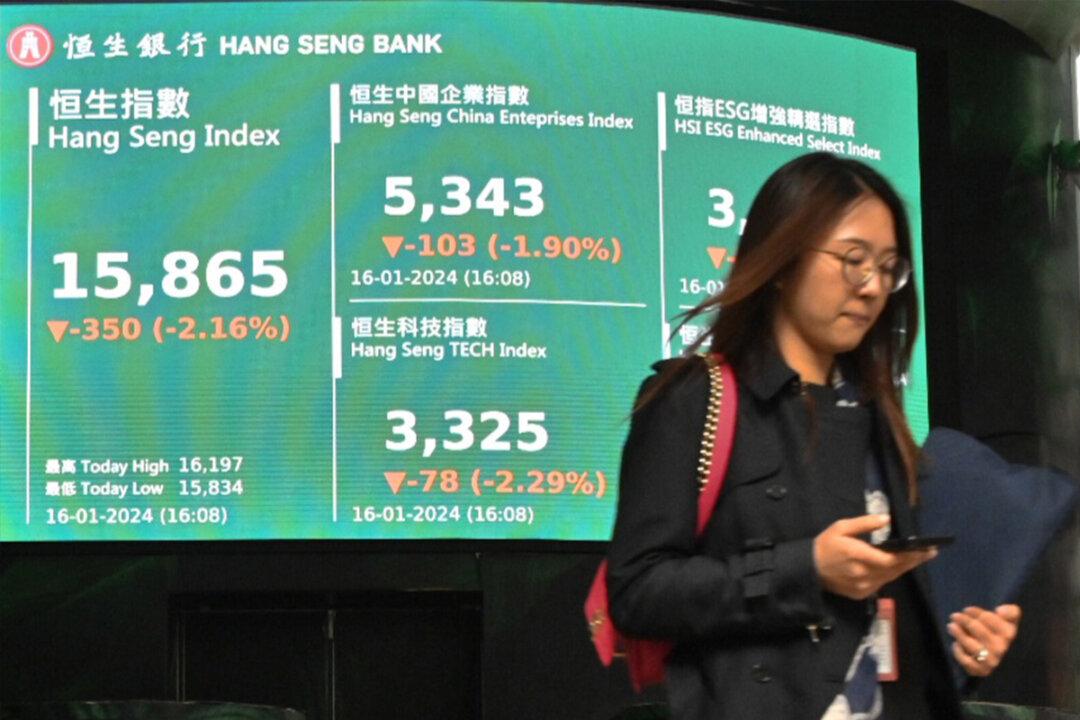Guerilla Tactics Chip Away at Chinese Regime’s Web Censorship
Internet businesses are doing the dirty work of squelching internet freedom in order to satisfy the Chinese Communist Party’s (CCP’s) iron-bureaucrats, says a well-known Chinese scholar.
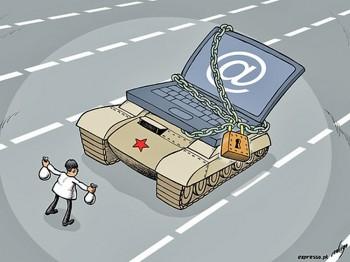
The Tanks of Censorship Running Over Chinese Free Speech. From: www.expresso.pt on October 1, 2009.
|Updated:
